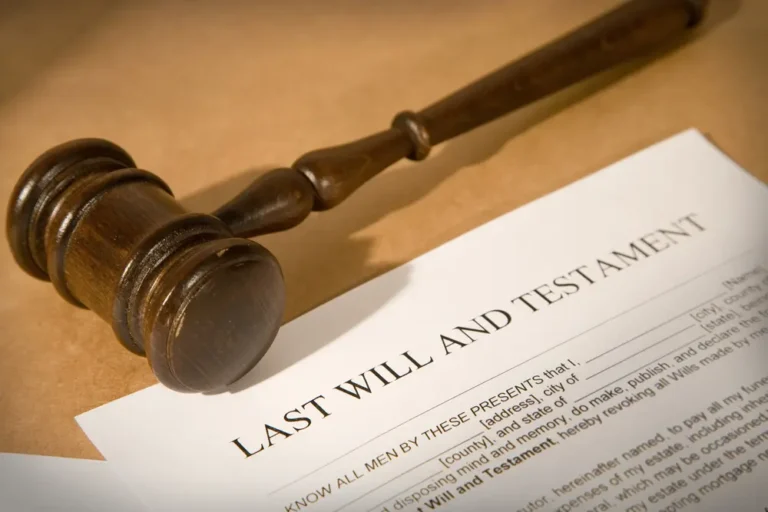How Long Does It Take to Probate A Will in Texas?~3 min read

The best answer to the question about how long it takes to probate a will in Texas is, “It all depends.” Our attorneys at Springer & Lyle will help you understand the process specific to your circumstances, and to estimate a timeframe for when the process can be completed.
What is Probate?
Probate is the process where property owned by someone who died is transferred to the person’s heirs after any claims against the property have been settled. If the person left a valid will, the property will be distributed according to the decedent’s wishes. If there is no valid will, the property will be distributed according to Texas state law.
How Long Probate Takes
How long the probate process takes depends on several factors and the type of probate it is. There are two different types of probate: Independent and Dependent.
Independent probate. If the will gives the executor the authority to act independently without court supervision, or the will is silent on the subject and all the heirs agree to independent process, the process can be completed within as little as six months for simple estates with no conflict.
However, complications can extend the process for years. The administrator must still inventory the property and see that it is distributed according to the decedent’s wishes or according to state law if there was no will. All claims of debt must be addressed, allowances must be given, and property transferred. This is all done without the court being involved. Family disagreements, selling or dividing property or businesses, unknown heirs, or other challenging issues can lengthen and complicated the process.
Dependent probate. This process requires court supervision and although it is possible for it to be completed in six months, it is realistic to expect it to take a lot longer.
The administrator has 90 days after the issuance of letters testamentary to inventory all the property and determine the value of the asset at the time the person died. Extensions are often filed extending this period. Other factors that will affect the length of time probate takes include:
- A will contest: The court must determine the validity of the will and an heir’s claim. Some reasons include fraud, lack of capacity of the testator, or undue influence;
- Litigation by creditors: Creditors may litigate an unpaid claim through an ancillary or connected proceeding for a claim that was rejected by the administrator.
- Real property: a home that needs to be sold, property in Texas or another state, mineral rights and leases can all complicate and extend the time necessary for probate.
How a Probate Attorney Can Help
A probate attorney is required by the court to probate an estate in Denton County. A probate attorney can look at the will, if there is one, and assist the administrator with property evaluation. At Springer & Lyle, our attorneys can advise you whether you even have to go through probate, and if you do, make sure all the paperwork is filed in a timely manner and that the proper notices are given.
Attorney, Aubry Dameron at Springer & Lyle can answer your probate questions and help you through the probate process. Contact us at 940-387-0404 to schedule your appointment for a probate consultation.








